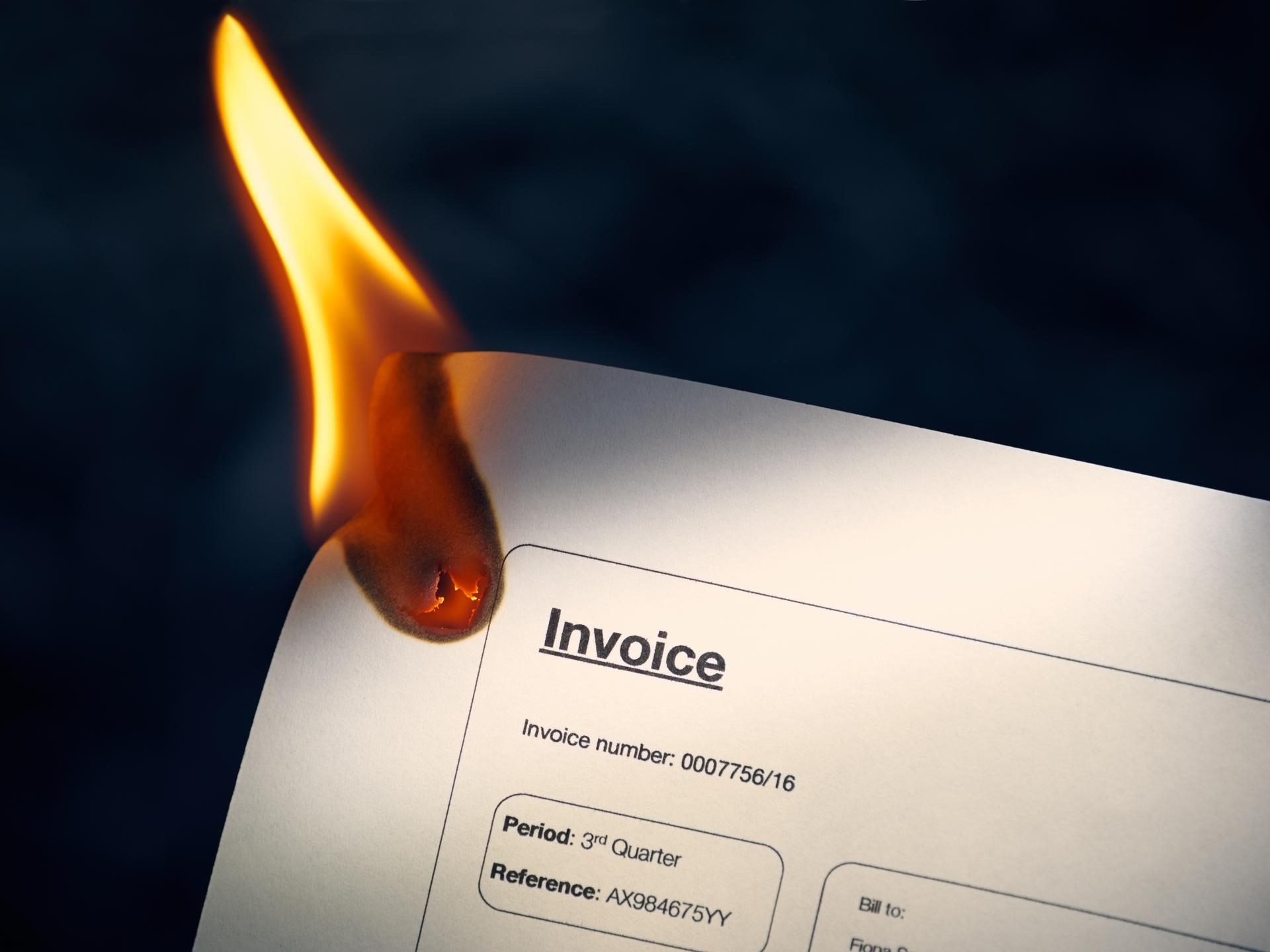Many entrepreneurs and small business owners outsource their accounting and bookkeeping needs, so they can focus on the growth of their business. And most bookkeepers do an excellent job of keeping the books away from the continuous descent into a state of total disorder - and accountants, in particular tax accountants, transform the books into a representation presentable to the tax authorities. They clean out the mistakes that cost you more money than you should be spending on tax (we are not talking tax-avoidance - just unwittingly overpaying your dues). With this post, I am making the case that entrepreneurs and small business owners in general are too reliant on the services of bookkeepers and accountants for the mundane tasks, and you are not getting the value out of these services that you should be getting.

It is not that hard
Keeping your books in order is not as hard as you might think. You need a basic knowledge of bookkeeping to understand most of the transaction flows, and once you get the debits, credits, assets and liabilities correctly, you'll find that there is a certain elegance in the simplicity. If it sounds like an alien language to you, then do yourself and your business a favour and take up a class in bookkeeping - either online, in person, or via a book.

It is not that time-consuming
When you are busy with the day to day activities of your business, you may think you don't have the time to keep track of your books. This may very well be true. I am not making the case that you can do without any assistance of a bookkeeper of an accountant. In fact - it is a great sign that you are busy with your customers, so you can afford to hire someone for your bookkeeping needs. However, we should stop and reflect on what exactly we are outsourcing. If you collate your receipts in a box (maybe accompanied by a spreadsheet) so your bookkeeper can appropriately account for your expenses, then you are not making good use of these services. Even if we don't account for the time you buy from your bookkeeper, you are still spending the time to collect and categorise the receipts, as your bookkeeper will need some background on what was spent for what purpose. I have reflected on this in my blog post "How much are your business expenses really costing you?". It comes down to the type of work you are outsourcing - if it is something that requires a specific expertise that you don't have in-house, or cannot be automated in any way. In the case described, one could argue that the task of recording receipts is not overly complicated once a system has been established. With the right expense management system, this can be highly automated, from scanning the receipts via a photo on the mobile to the actual posting.

It is not just a matter of smart outsourcing - where the money you pay is for expertise or on tasks that you simply cannot (yet) automate - it is also a matter of keeping in control of your business and the customers. For example - if you let your accountant do the invoicing - you outsource a key customer interaction. The invoice is the reflection of the agreement of funding for service or product with the customer. This agreement is made by you, and any differentiation between that and the invoice reflects negatively in the customer experience. For example- when you agree on a specific price or payment term, and the invoice does not reflect that - it gives the impression of a disconnected system (because it is a disconnected system). So, your customer calls you - you explain that this will be sorted - but... no new invoice is sent, nor a credit note provided. Worse - your accountant sends a reminder to pay. Not your accountants fault - just doing the job you pay for. The question is: why is an accountant needed to invoice? It is a completion of a sale - the tendering of the transaction. The journal postings that happen in the background are a function of the system setup, and do not need manipulation of the general ledger to reflect sales tax, accounts receivable, or cost of goods sold entries. It is a matter of control - you either are in control of when you invoice, what the terms and conditions are, and how you negotiate dispute resolution.
Recommendations
- if you are not yet comfortable with the concept of accounting and bookkeeping, then do a course (LinkedIn learning has a great set of courses on this topic)
- be clear on what you wish your bookkeeper to do, and what your accountant should do
- set up your systems (with the help of a consultant) so that most tasks generate transactions in your ledger automatically according to posting rules
- give your bookkeeper/accountant access to your general ledger and journals to manage the corrective and exceptional transactions
